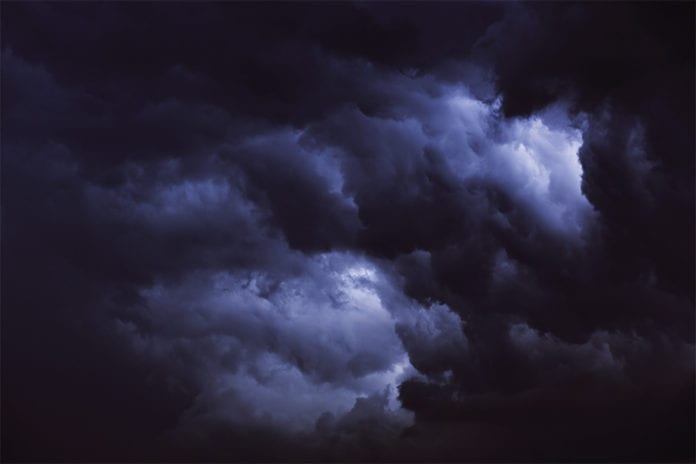This is once again an inside joke among nurses. I myself have been labeled the ‘black cloud.’ It has happened in my last three positions as a nurse – and unfortunately I’m starting to believe it?
‘Black Cloud’– a loosely defined term nurses used to describe anything unplanned or out of the ordinary. Also used to describe any magnification of our ‘craziness’ we experience at work.
For some reason work ‘drama’ follows me. When I say ‘drama’ I mean the ‘crazy-busy’ atmosphere of controlled chaos. Everything from the revolving door of admissions, discharges and transfers to being short staffed at the last moment, or an ’emergency’ on the nursing unit that takes the form of an electronic malfunction or failure, shortage of supplies and not to mention having a patient’s condition decline rapidly or severely enough that requires immediate and most times a large and overwhelming series of interventions to stabilize the ‘environment.’
Whew- I got tired just typing that one.
We all know what happens when you mention the ‘Q’ word (quiet), or utter the ‘B’ word (bored). Well somehow the resulting thunderstorm seems to follow me (Yes – this is all meant in fun!).
The ‘Black Cloud’ By Specialty:
Surgical / Trauma ICU: I always seemed to be present when we had the ‘sick’ patients – you never sat down, you charted standing up; 12-hour shifts turned into 18-hour shifts. I still have former co-workers who tell stories about me.
Recovery Room: I was told they don’t see a lot of critical drips, or intubated patients, or chest tubes, or central lines. Within my first couple months working there we had a patient have an active MI, we re-intubated two patients in the recovery room, inserted two chest tubes for a pneumothorax caused during a central line insertion!
ICU: In my latest job I seem to always be present when the you-know-what hits the fan. They used more paralytic agents in my first month then they could remember in the past year (‘Nuff said).
Now I haven’t figured out if it’s a blessing or a curse. I’d like to believe (this is my story and I’m sticking to it) that the ‘Black Cloud’ shows up because I’m able to handle the storm – not because I cause the storm. Heh heh.
Like I said, it’s my story and I’m sticking to it.
Does anyone come to mind when you hear the term ‘Black Cloud’? Or do you have another term for my listed scenarios? I look forward to your comments!
*Disclaimer – this entire blog post is meant only in sarcasm and fun.



Black Cloud:
I never forget this second shift. Everything was perfect: good staff, low census of patients but expecting to receive some from recovery room. Suddenly the call was received and a female with a back surgery came near. We assessed her from A to Z and she was in stable condition. Suddenly, maybe 10 minutes later while I was documenting her record somebody said that she was not breathing. We activated a code, everybody came in the room and unfortunately less than one hour later she passed away due to an embolism. The atmosphere changed amazingly. The surgeon and her family cried. Everybody wondered why if she had changed the surgery day this happened. Nevertheless, in surgery ward “black clouds” are always around.